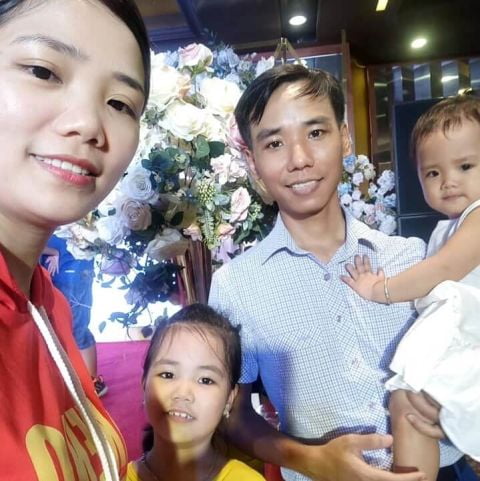Trung Dao, Inventor & Social Work Visionary
Trung Dao, Inventor & Social Work Visionary
Trung’s family, like the families of many of our therapists, is a farming family. The family farm is located in Lam Dong Province, about 200 kilometers southwest of Hoi An, where Trung’s mother, age 49, maintains their coffee farm.
His father, age 58, however, lives and works in Hung Nguyen province near Hanoi, farming the langdon fruit trees for which the province is so well known, returning to help on the family farm in the south only at coffee harvest time. Trung, now twenty-two years old, has lived with his father most of his life, visiting the family farm only once or twice that he can remember. Trung has one older brother, living in Hanoi, currently employed by Samsung corporation. A college graduate, though he initially worked only as part of the labor force, he has recently been promoted to a management position.
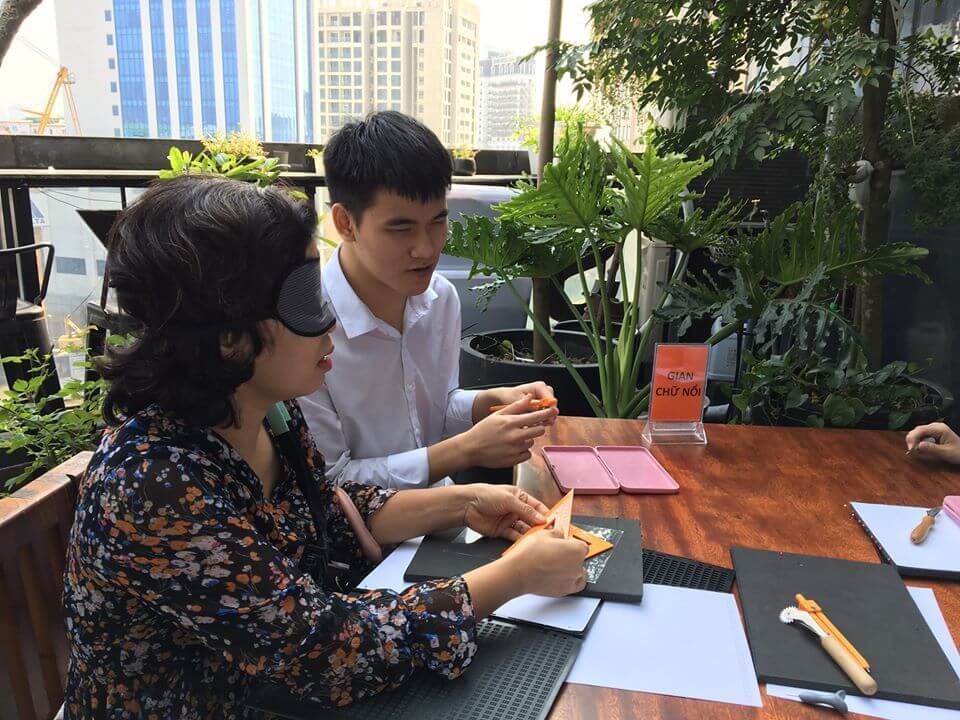
Trung is the only family member who is vision impaired and even though many theories have been offered as possible explanations for his blindness, none has been established as any more likely than another. He attended the School for the Blind in Hanoi through grade nine, transferring to a weekend high school program run by the Blind Association from which he expects to graduate within a few months. He told me that on one occasion the whole morning in class was devoted to exploring possible causes for his blindness, but to no avail.
We talked at length about both the School for the Blind, as well as the high school classes offered on weekends at one school in Hanoi. Trung explained that the School for the Blind in Hanoi is actually a school with a mix of both sighted and blind in the same classrooms, but with special assistance for the blind, who usually comprise 5-10 percent of the students (or 3-5 students) in any given classroom, increasing exposure and understanding between the sighted and the visually impaired. Even so, Trung says that he and others experienced noteworthy incidents of discrimination from time to time, mostly revealed in insulting or hurtful comments made by sighted students in the class. This, in spite of the training offered in school to both the sighted and the visually impaired to minimize such acts of discrimination. Overall, however, Trung feels that this mixture of students has been a very positive thing and as a result he has many sighted friends.
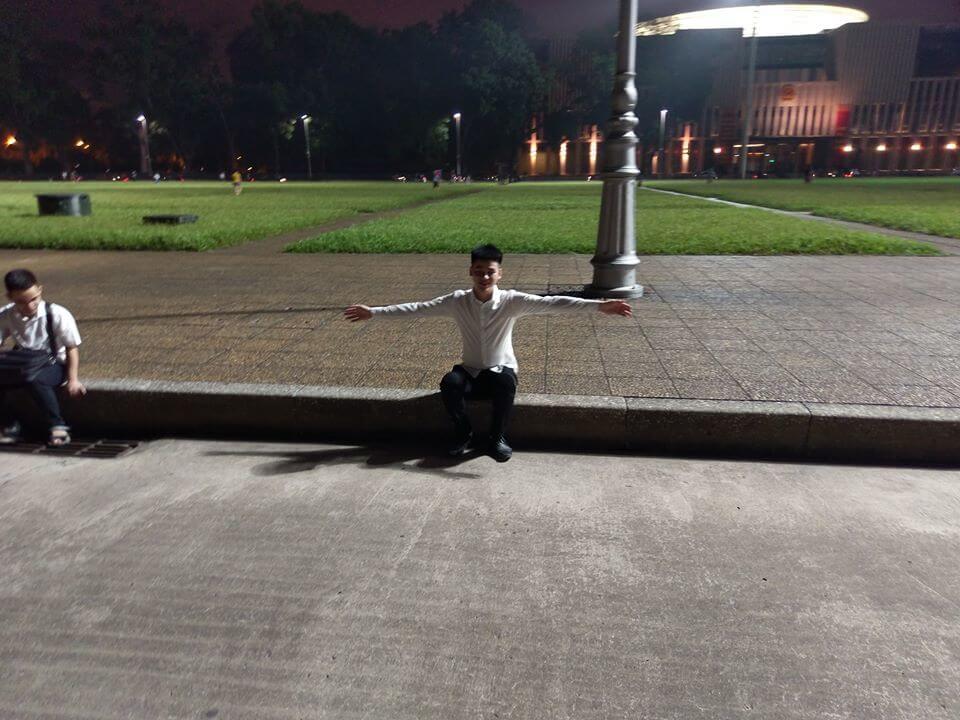
In school, Trung’s greatest interest has been in Vietnamese and Asian history, in particular, the stories of the captains, generals, kings and other noteworthy leaders of the past. Recently he has also developed a keen interest in learning more about Western history, as well. Trung uses several technologies geared specifically to the needs of the visually impaired to assist in his studies, including smartphone, computer and braille, stating a preference for reading braille rather than relying on recorded materials. He explains that when listening, there is a danger that the material goes in one ear and out the other, while reading in Braille allows him to focus more carefully and to easily review and take notes, as well. Scientific studies support the theory that Braille offers yet another advantage. Namely, that reading Braille enables tactile memory, enhancing long term retention of what has been studied.
Trung expects to complete his high school studies in about three months and plans to continue his education, anticipating admission to the National University of Humanities and Sociology where he plans to study to become a social worker. His goal is to work for an NGO or government agency dedicated to the assistance of disadvantaged people. Given that there is a tremendous stigma attached to drug addiction in Vietnam, I was very impressed when Trung told me that, while he doesn’t feel qualified or emotionally prepared to work with drug addicts at this time, he hopes that his university studies and training will enable him to be able to do this sort of work if called upon to do so. He says that another possible avenue for future work was inspired by a lecture once given by Ms. Huong Dao, currently working for the United Nations in a department devoted to developing programs designed to more fully integrate the blind into active involvement in community life throughout Vietnam. Her lecture discussed specific techniques and approaches to lobbying, policy making and community integration, all on behalf of the vision impaired.
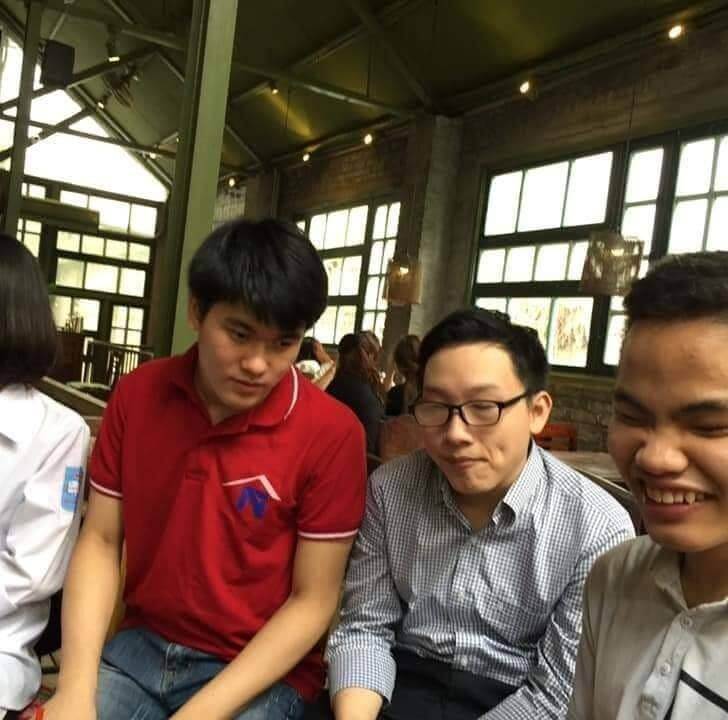
Trung divides his leisure time between his love of football (soccer), table tennis, chess and hanging out with friends. He is active both as a player and as a spectator, and loves searching for sports related news on the internet. In school, he and a group of friends were challenged by a teacher to create a system for the blind and visually impaired to play table tennis. To their credit, they designed a special table and net, as well as figuring out how to insert a sort of bell inside the ball to make it possible through hearing and touch to play a version of table tennis closely related to the game played by sighted players. When I teased that he must be joking, he showed me a remarkable video made of him and a friend playing the game.
He describes himself as “difficult to comprehend, complicated and full of conflicting ideas, at times very sociable while at other times wishing to be completely alone with his thoughts” and says that he did very well in school in classes that interested him but lagged behind in other subjects. There seems little doubt, however, that his enthusiasm for helping others now evident in his superb skills as a massage therapist will motivate him throughout his university studies. In all likelihood the inventiveness that enabled him and his friends to create a viable version of “blind ping-pong” will prove extremely useful in the future as he tackles the problems of the less advantaged in Vietnamese society during the course of his future career.
News Related
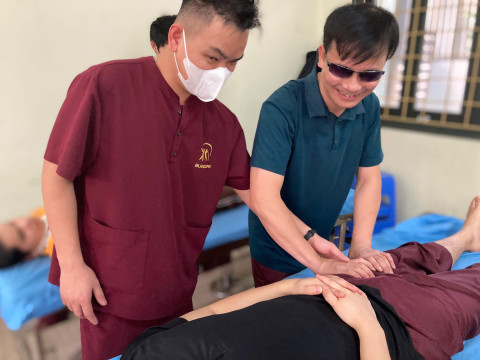
Nguyễn Ngọc Khuyến's Journey to Mastering Traditional Vietnamese Massage
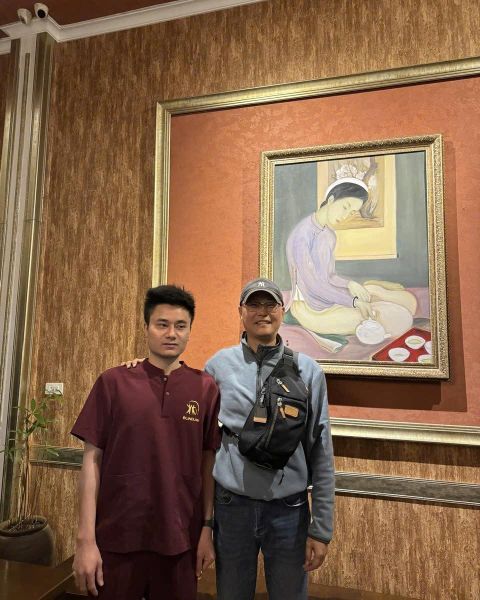
Hiep's story
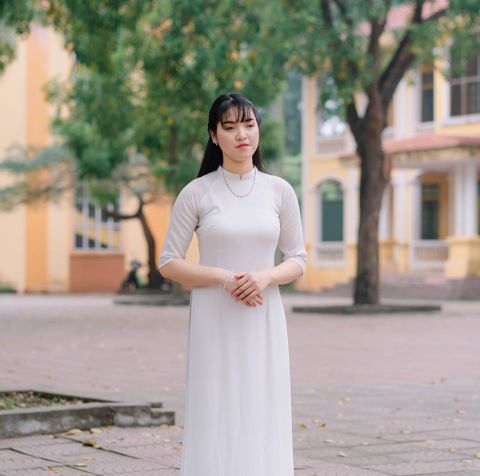
MINH’s STORY
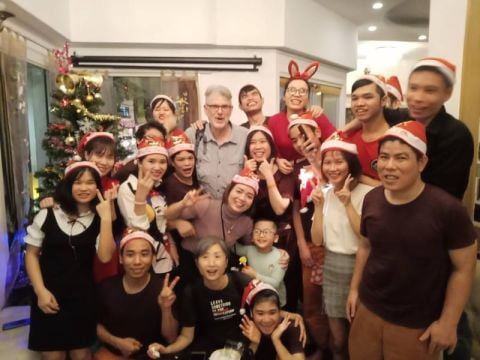
Stories of Our Blind Students: Session 1: Hồ Sỹ Cường
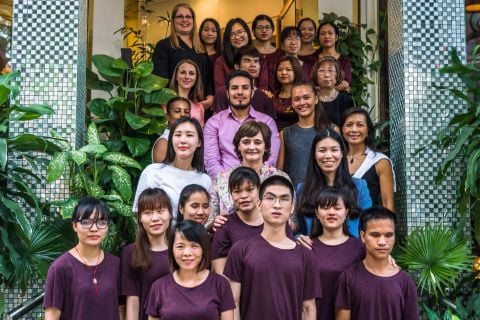
Omamori Spa: Breaking Barriers: A Decade of success for Blind Youth Employment in Vietnam.
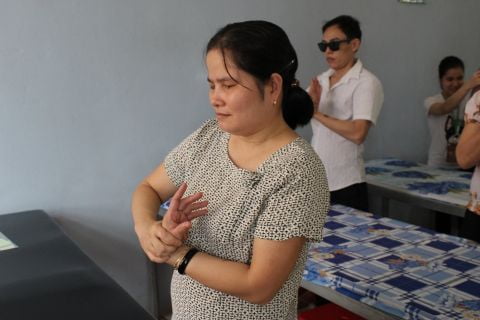
Lê Thị Đào - A talented blind singer
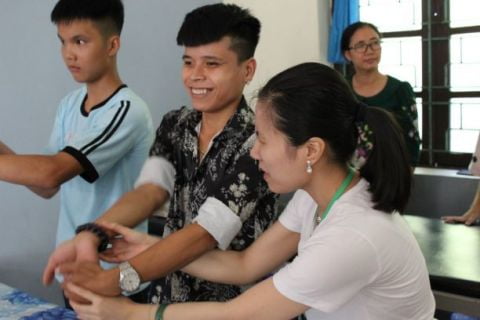
Hung - A Manager in the Future
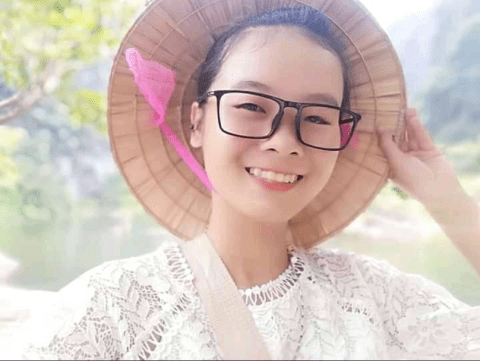
Chi - A Wild Horse Girl
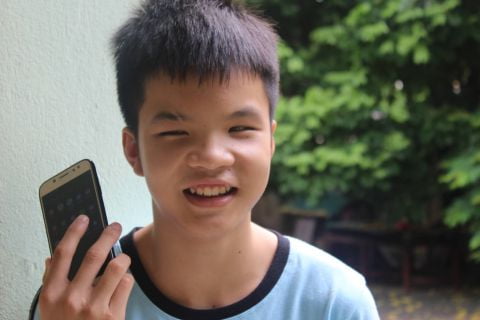
Lâm - The Youngest Student!
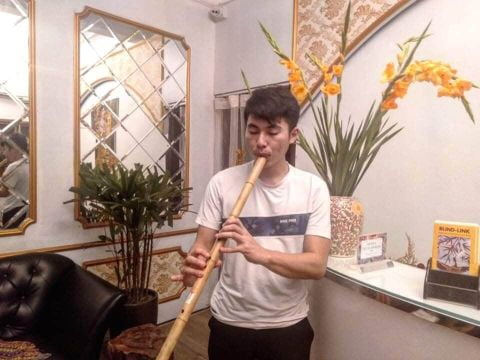
Tien, Musician and Listener
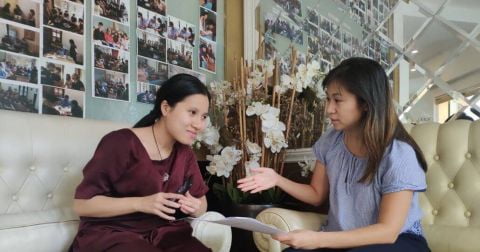
Nguyet, the “Rose”
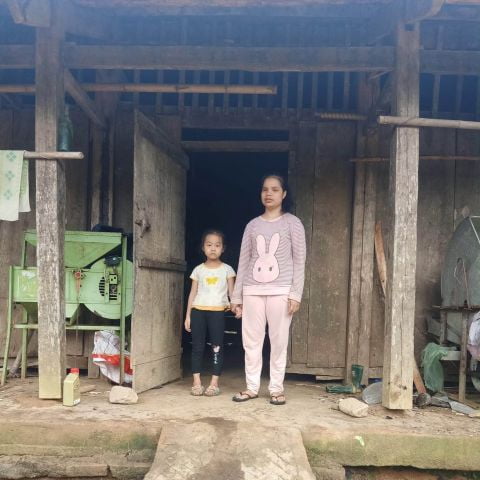
Hue, Happiest Unhappy Person?
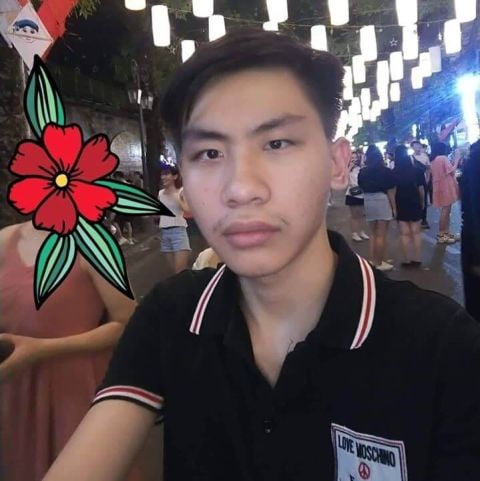
Tu, Therapist and Serious Gamer

Lam Khanh, Dedicated Physician
